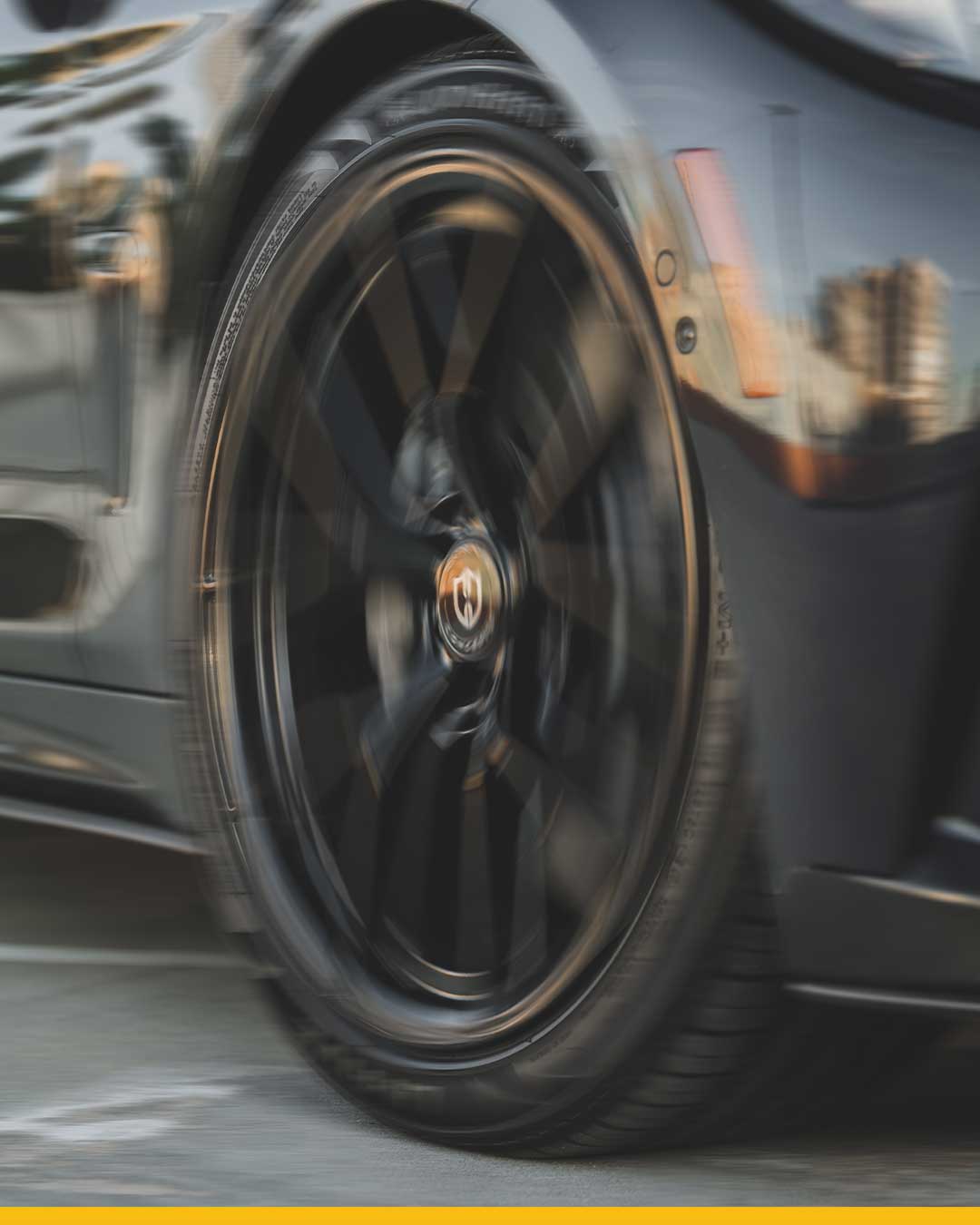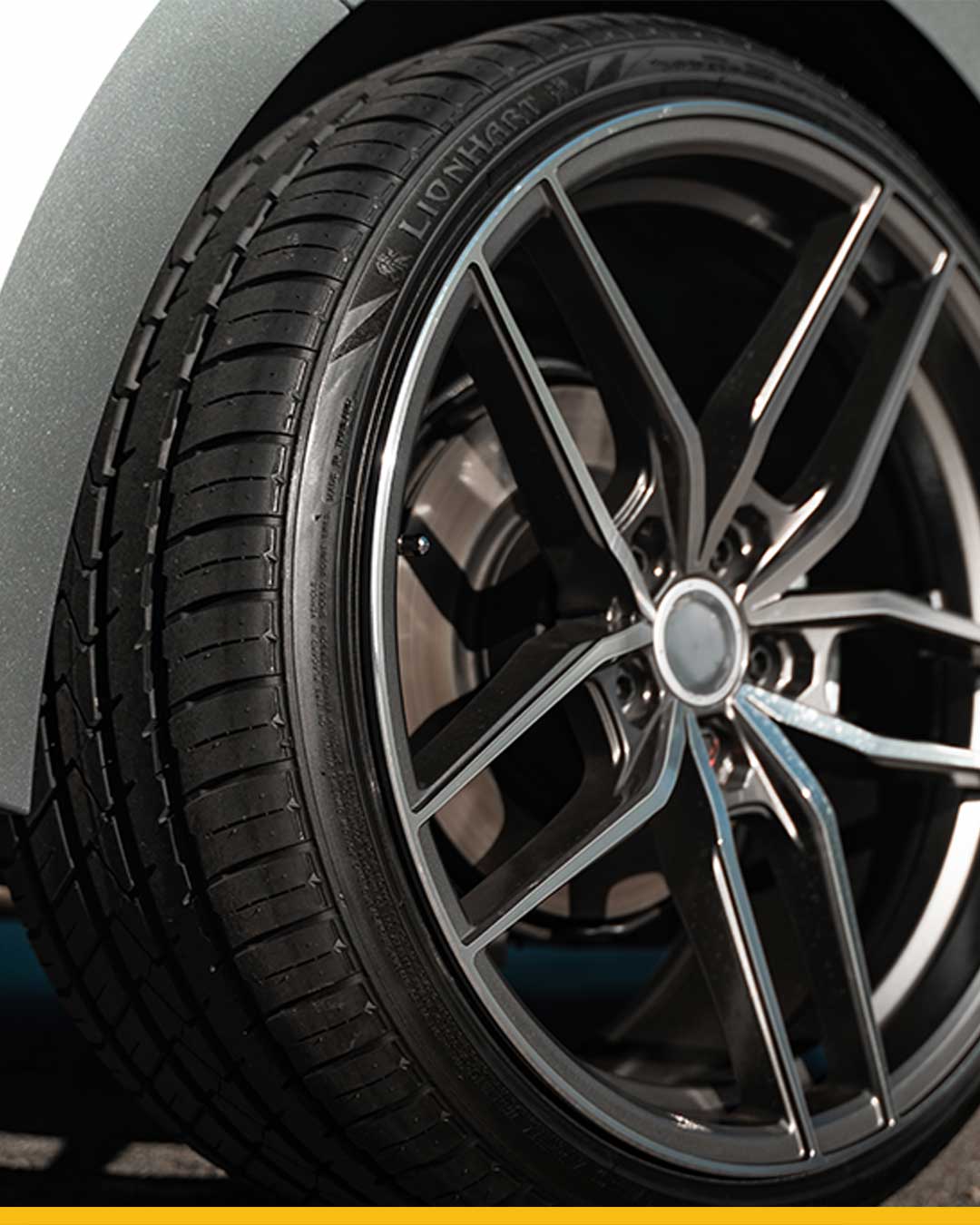Are Dedicated Summer Tires Right for You?
Alright, gearheads, let’s cut through the noise.
You’ve heard the basic “all-season versus summer” tire talk. But we’re not here for Tire Tech 101. At Lionhart, we know performance, and we know that for the right driver in the right conditions, a dedicated summer tire isn’t just an option – it’s an absolute necessity. It’s about unlocking your car’s true potential and transforming your driving experience.
So, who exactly are dedicated summer tires for? It boils down to where you drive, how you drive, and what you demand from your machine. These aren’t just about dry grip; they’re engineered for precision, confidence, and ultimate control when the mercury rises.
The Science of Summer: Why They’re Different
It all comes down to the rubber compound and tread design.
Dedicated summer tires utilize a stickier, softer compound optimized for warm asphalt. This rubber, combined with larger, less siped tread blocks and often directional patterns, provides maximum contact patch, superior grip, and efficient heat dissipation. This isn’t magic; it’s engineering designed to make your car perform. But crucially, this compound hardens significantly in colder temperatures (below 45°F / 7°C), drastically reducing grip. That’s why they’re summer tires.
Now, let’s talk about the drivers who truly benefit.
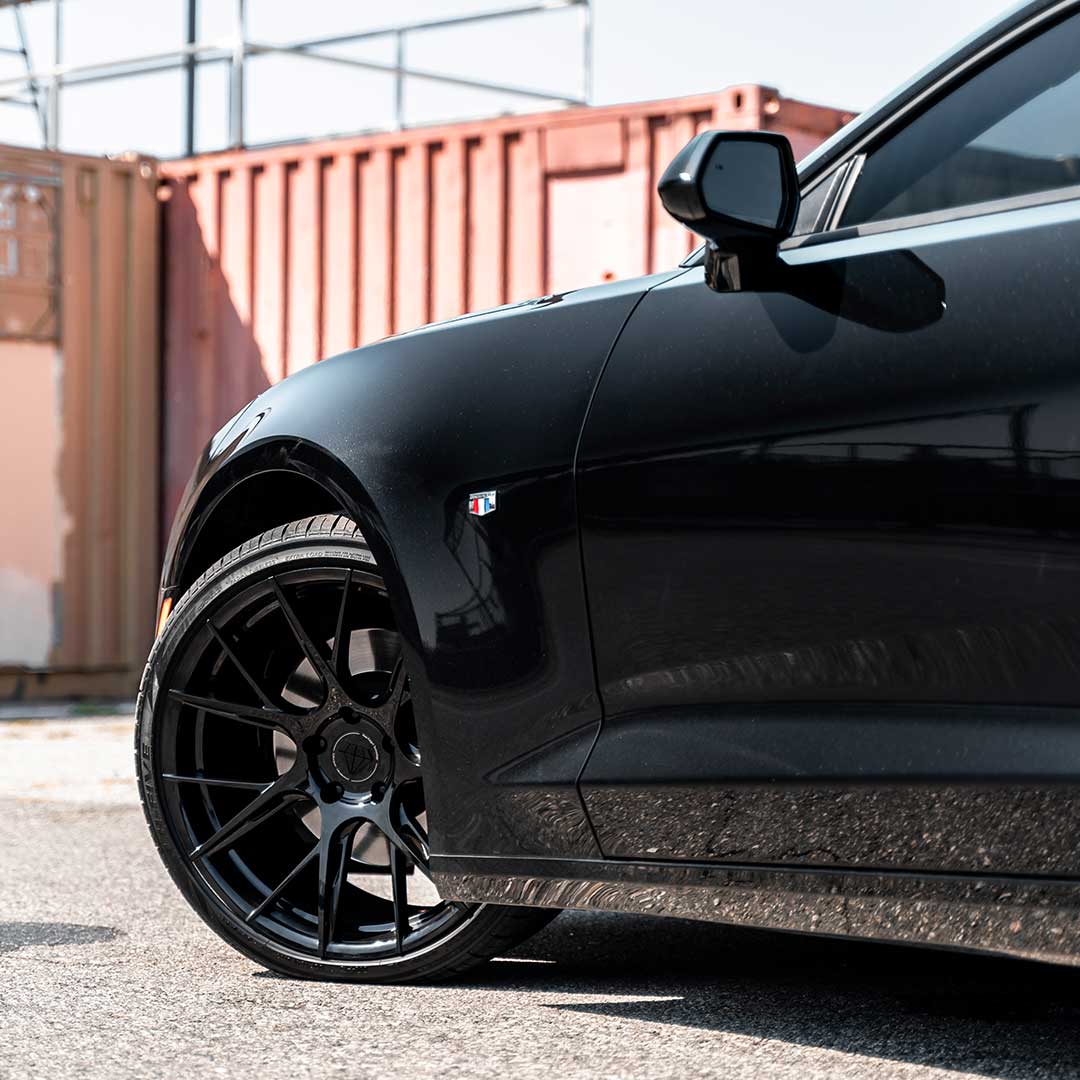
The Sun-Drenched Apex Hunter
You live where “winter” is a state of mind, not a season. Your weekend ritual involves chasing apexes through winding canyon roads, or you simply demand consistent, high-performance grip from your sports car all year round in a consistently hot climate. For you, dedicated summer tires are the only choice.
Why? Because in year-round warm conditions, these tires deliver unparalleled grip and handling limits. When you’re pushing your car hard, generating serious heat, a Lionhart summer tire is designed to maintain its composure, resist heat buildup, and provide predictable feedback at the absolute edge of adhesion. All-season compounds would simply become greasy and vague, washing out when you need precision most. If your stomping grounds rarely see cold snaps and never snow, then your performance vehicle deserves the focused capability of a summer tire.
The Seasonal Thrill Seeker
You live in a state with clear, distinct seasons – say, the Midwest or the Northeast. You’ve got a performance car that either goes into hibernation for the winter, or you’ve smartly invested in a dedicated set of winter tires for the colder months. When spring arrives and temperatures climb, you want to unleash your car.
This is where Lionhart summer tires shine. You’re not compromising. For six, seven, or even eight months of the year, you’ll experience dramatically enhanced responsiveness, sharper turn-in, and superior braking performance compared to any all-season tire. Even in warm, heavy rain, the dedicated channels and compounds evacuate water more efficiently, providing confident grip where an all-season might hydroplane. You’re simply getting maximum performance and safety for the best driving months, knowing you’ll switch out when the frost threatens.
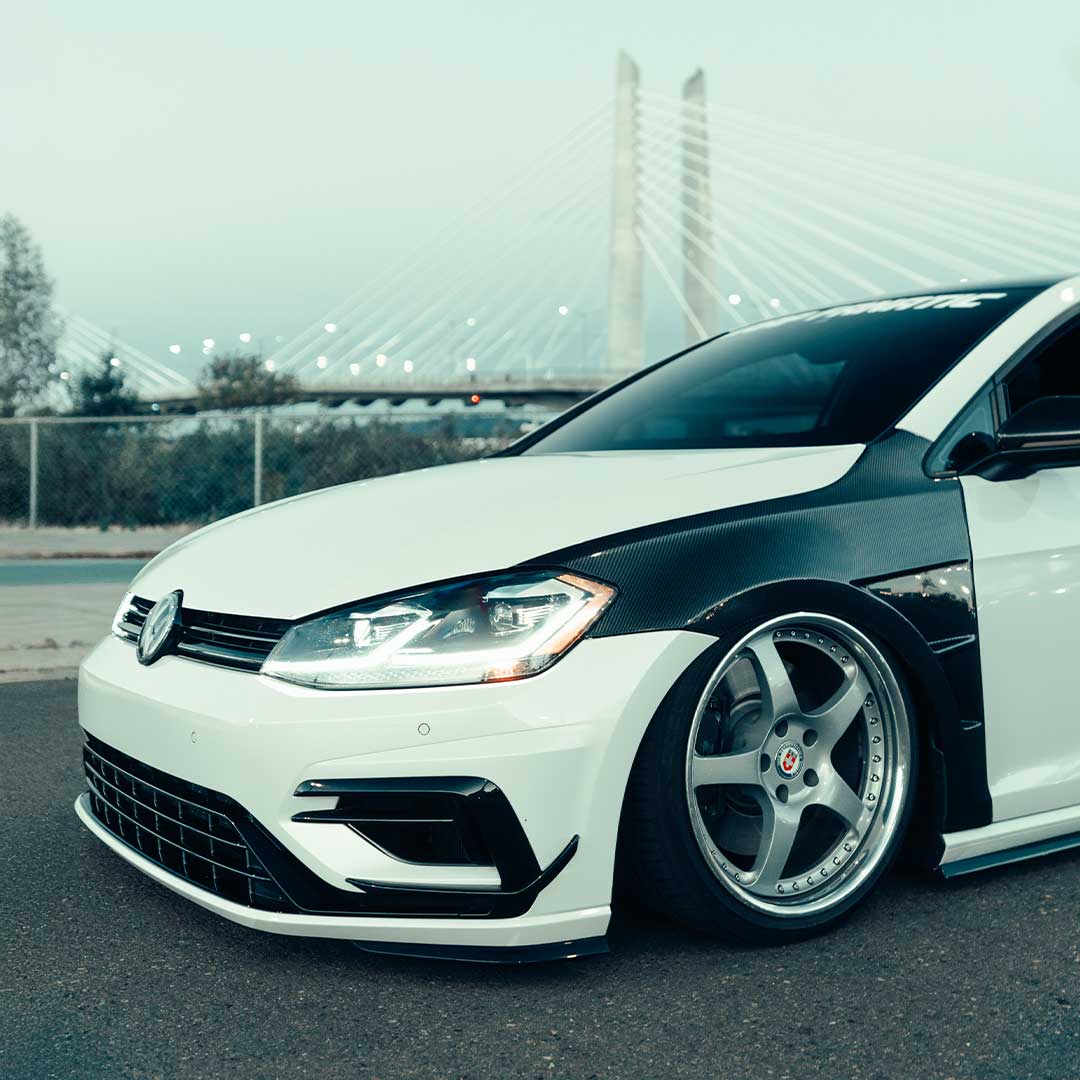
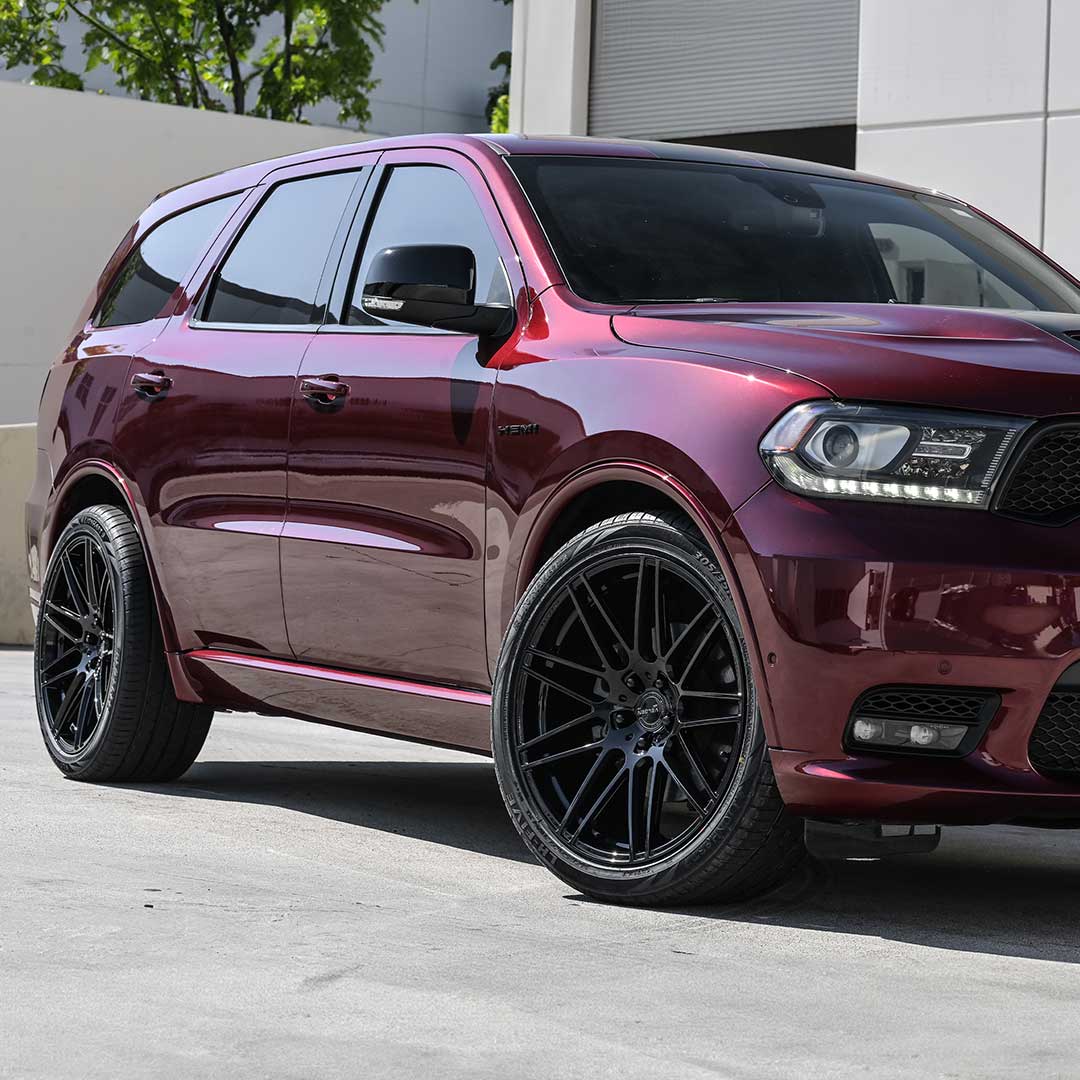
The Hot-Climate Daily Driver
Maybe you don’t track your sport sedan or coupe every weekend, but you appreciate a lively drive, and you live in a consistently hot climate like Arizona, Texas, or Florida. You might think an all-season is “good enough.” Think again.
Even for spirited daily driving, a dedicated summer tire offers a significant upgrade in warm-weather performance and, crucially, safety margins. In triple-digit heat, all-season compounds can become squirmy and less precise. A Lionhart summer tire, on the other hand, maintains its structural integrity and grip.
This translates to more stable highway driving, more confident emergency braking, and a generally heightened sense of control and connection to the road. You’re not just gaining performance; you’re gaining a considerable safety advantage in everyday driving conditions where heat is a constant factor.
The Bottom Line: Know Your Season, Know Your Drive
Dedicated summer tires are precision instruments for specific conditions. They are not for driving in cold temperatures, slush, ice, or snow – their performance plummets dramatically, becoming unsafe. This is a critical distinction.
But if you fit one of these driver profiles – if you demand maximum performance, enhanced safety, and a truly engaging driving experience in consistently warm conditions – then Lionhart’s range of summer tires is engineered precisely for you. Experience the heightened feel, the surgical precision, and the unwavering confidence that comes when your tires are perfectly matched to the demands of the road and your driving style.
Ready to unleash your car’s true potential? Explore Lionhart’s performance summer tire lineup today and find the perfect match for your drive.
FAQs: Summer Tire Performance and Safety
Are summer tires really better than all-seasons in hot climates?
Yes. Summer tires deliver better grip, faster response, and shorter braking distances in warm conditions. They’re tuned specifically for heat and high-speed confidence.
Do I need summer tires if I don’t race or track my car?
Not necessarily—but if you drive a sportier vehicle in hot weather and enjoy spirited daily driving, you’ll appreciate the added control, safety, and performance.
How do summer tires handle rain?
Surprisingly well. Lionhart’s summer tires have specialized tread patterns to evacuate water and maintain grip in warm, wet conditions. Just avoid standing water and drive responsibly.
Can I use summer tires all year in a place like California or Florida?
Absolutely. As long as temps stay above freezing, summer tires can be used year-round in warm regions.
What makes Lionhart summer tires different?
Our tires are engineered with advanced tread compounds and construction to perform under high temps, heavy loads, and aggressive driving—without the price tag of premium brands.



